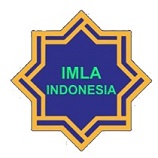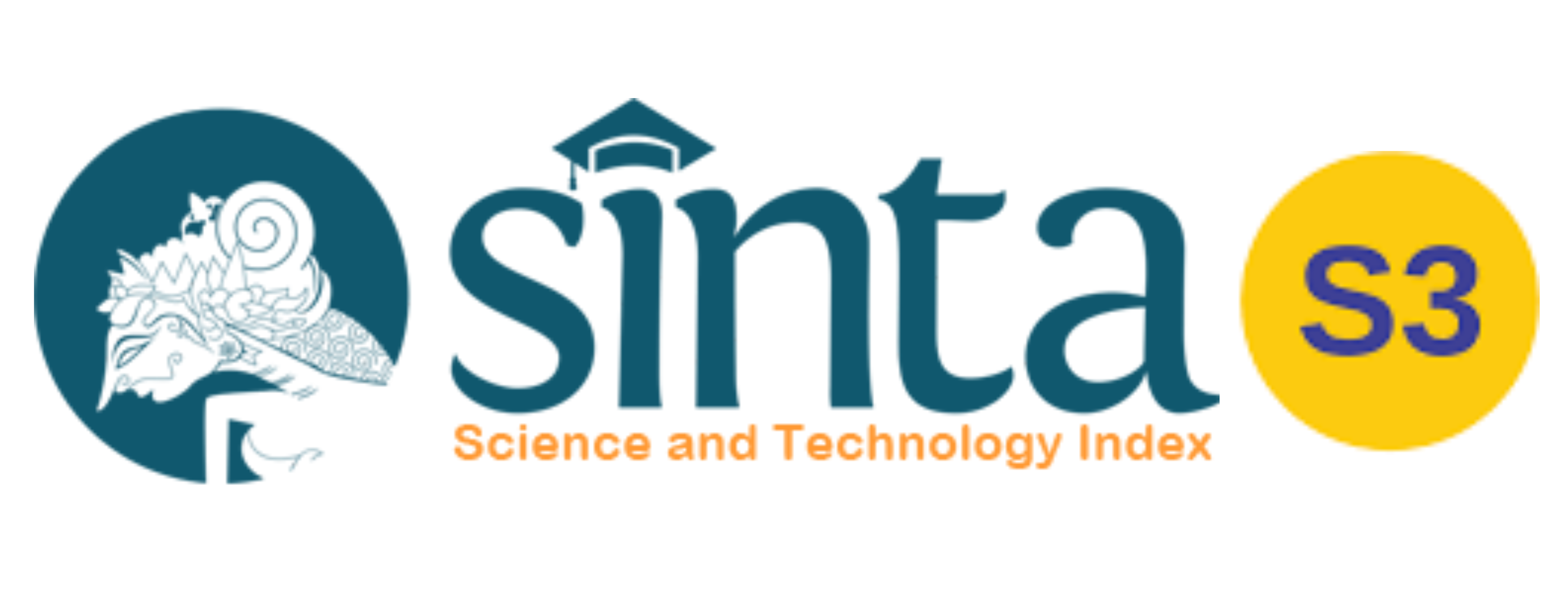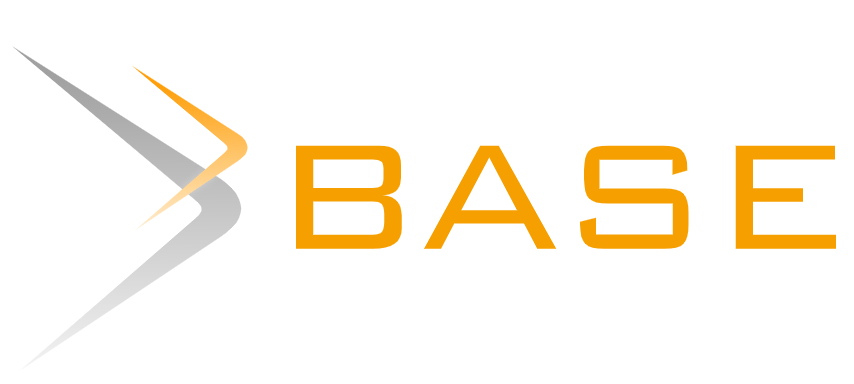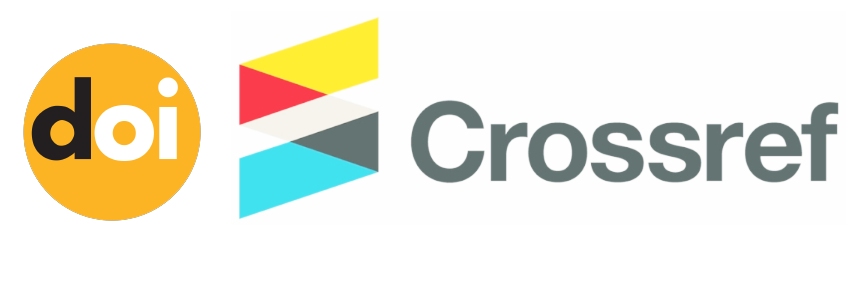The Silencing of Student Movement Against The Egyptian Pro-Capitalism Government in Radwa Ashour's Novel Faraj
Abstract
This research is studying about novel Faraj. The novel contains an overview of the silencing the student movement’s resistance during the capitalist government. This resistance rises due to the cooperation policy between Egypt and the U.S, which impact on intervention of the U.S in Egypt economic and political affairs. The Egyptian students begin, intensively, to discuss these issues, write numerous articles about resistance and criticism of the government, and perform various protests in Cairo. The method of data collecting data in this research consist of two phases, determines the research object and restriction on research problems that focused on an overview of events related to silencing the student movement. The method of data processing consists of determining the relevant theory to answer the problem, searching for references that support the research topic, analyzing the data in accordance with the related theory. The Result of this research indicates the silencing carried out against the anti-capitalist student movement in Egypt. The silencing was conducted through the destruction of the wall magazine, which publish numerous articles about resistance and criticism of the government, arrest, and torture. It happened because of the different interests between the government and the students.
Keywords
Full Text:
PDFReferences
Anon. n.d. “Events of May 1968 | Background, Significance, & Facts | Britannica.” Retrieved April 17, 2021 (https://www.britannica.com/event/events-of-May-1968).
Arafat, Alaa al-Din. 2009. The Mubarak Leadership and Future of Democracy in Egypt. New York: St. Martin’s Press.
Ashour, Radwa. 2008a. Arab Woman Writers: A Critical Reference Guide 1873-1999. Cairo: American University in Cairo Press.
Ashour, Radwa. 2008b. Faraj. Cairo: Dar el-Shuruq.
Erlich, Haggai. 1989. Students and University in Twentieth Century Egyptian Politic. London: Frank Class.
Faksh, Mahmud. 2005. “The Concequences of the Introduction and Spread of Modern Education.” in Modern Egypt Studies in Politics and Society. London: Frank Class.
Faskh, Mahmud A. 2005. “The Consequences of the Introduction and Spread of Modern Education.” in Modern Egypt Studies in Politics and Society. London: Frank Class.
Goldmann, Lucien. 1967. “The Sociology of Literature: Status and Problem of Method.” in Sociology of Literary Creativity. Paris: International Sosial Science Journal.
Goldmann, Lucien. 1973. “Genetic Structuralism in the Sociology of Literature.” in Sociology of Literature and Drama. London: Penguins Books Ltd.
Goldmann, Lucien. 1980. Essays on Method in The Sociology of Literature. New York: Telos Press.
Goldmann, Lucien. 2013. The Hidden God: A Study of Tragic Vision in the Pensées of Pascal and the Tragedies of Racine. London: Routledge and Keagan Paul.
Goldschmidt, Arthur. 2008. A Brief History of Egypt. New York: Infobase Publishing.
Hartman, Michelle. 2015. “The Journey by Radwa Ashour.” Comparative American Studies 13(4):209–19. doi: 10.1080/14775700.2015.1178943.
Hobbs, Joseph. 2007. Egypt. New York: Chelsea House Publisher.
King, Stephen. 2009. The New Authoritarianism in The Middle East and North Africa. Bloomington: Indiana University Press.
Michelmore, Christina W. 1983. “Student Politics in Egypt 1922-1952.” University of Pennsylvania.
Sihbudi, Riza, and Et.all. 1995. Profil Negara-Negara Timur Tengah Buku 1. Jakarta: PT. Dunia Pustaka Jaya.
Syam, Firdaus. 2007. Pemikiran Politik Barat Sejarah, Filsafat, Ideologi, Dan Pengaruhnya Terhadap Dunia Ketiga. Jakarta: PT. Bumi Aksara.
Thayib, Anshary, and Anas Sadaruwan. 1981. Anwar Sadat Di Tengah Teror Dan Damai. Surabaya: PT. Bina Ilmu.
Vatikiotis, P. J. 1978. Nasser and His Generation. London: Croom Helm.
DOI: https://doi.org/10.20961/cmes.15.1.50450
Refbacks
- There are currently no refbacks.
Copyright (c) 2021 Jurnal CMES

This work is licensed under a Creative Commons Attribution-ShareAlike 4.0 International License.
| Copyright of CMES ISSN 2085-563X (print) and ISSN 2502-1044 (online) CMES Journal is licensed under a Creative Commons Attribution-ShareAlike 4.0 International License. | CMES (Center of Middle Eastern Studies) Print ISSN: 2085-563X Online ISSN: 2502-1044 Website: https://jurnal.uns.ac.id/cmes/index Email: cmes@mail.uns.ac.id Published by: Arabic Literature Department, Faculty of Cultural Science, Universitas Sebelas Maret Ir. Sutami Street, No. 36A, Surakarta, Jawa Tengah 57126 Phone: +62 822-4000-2313 |















